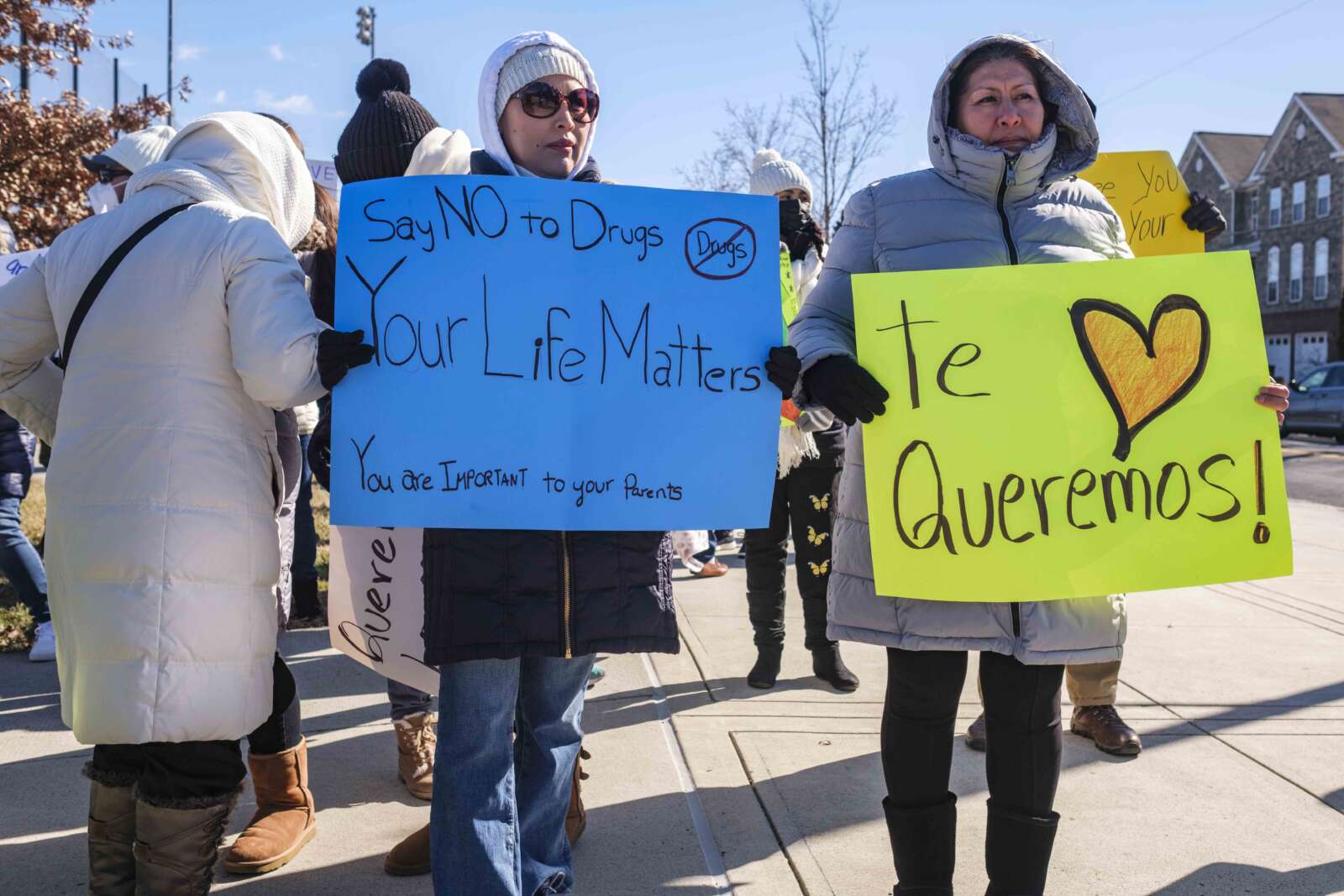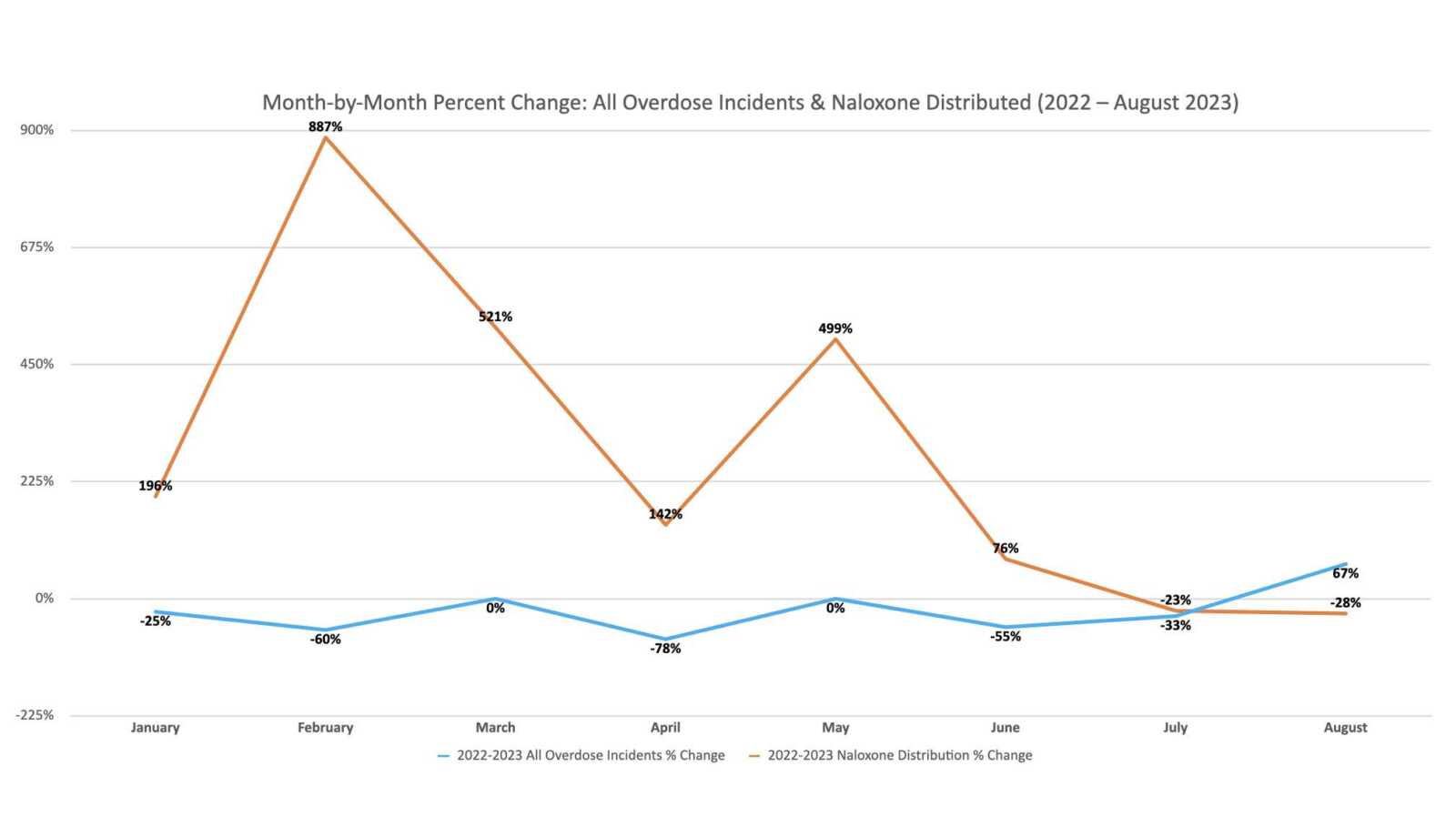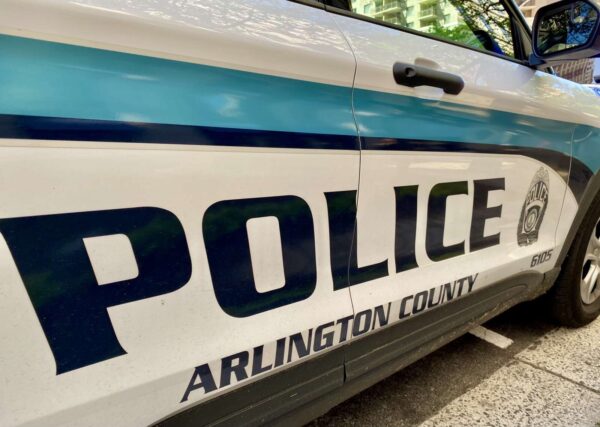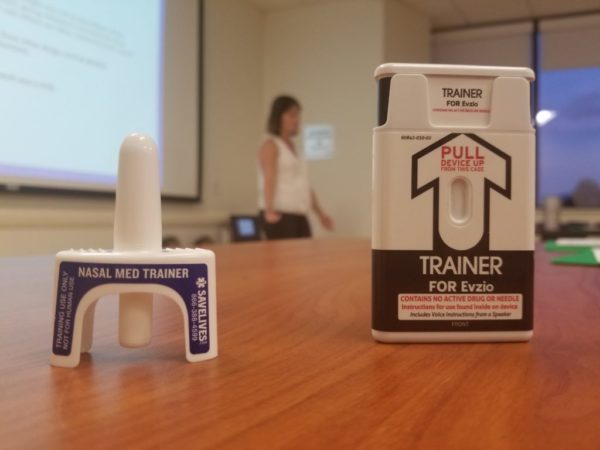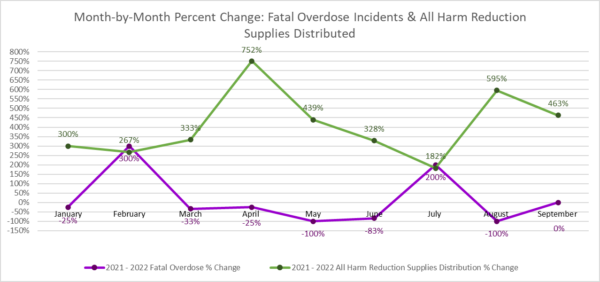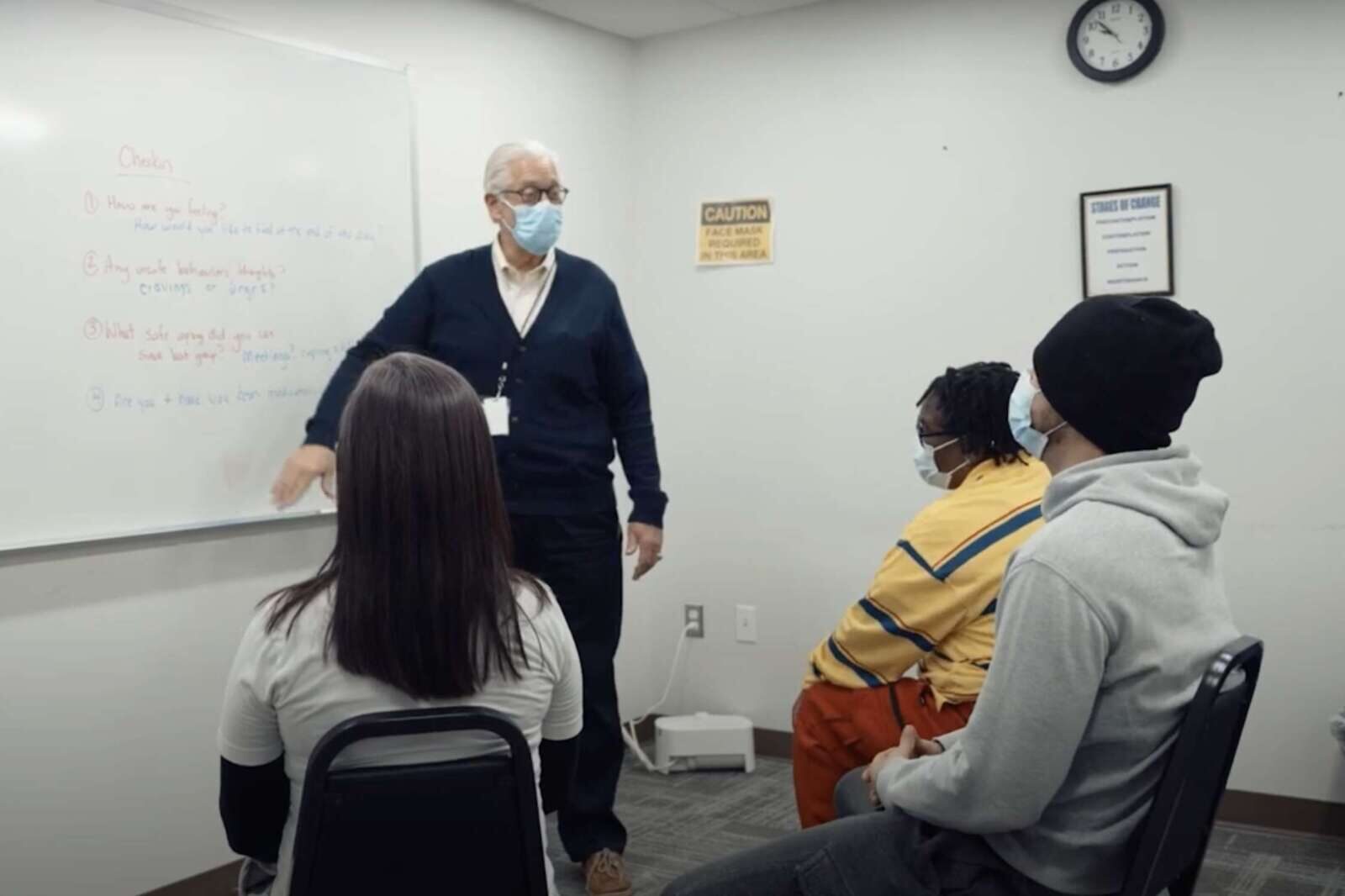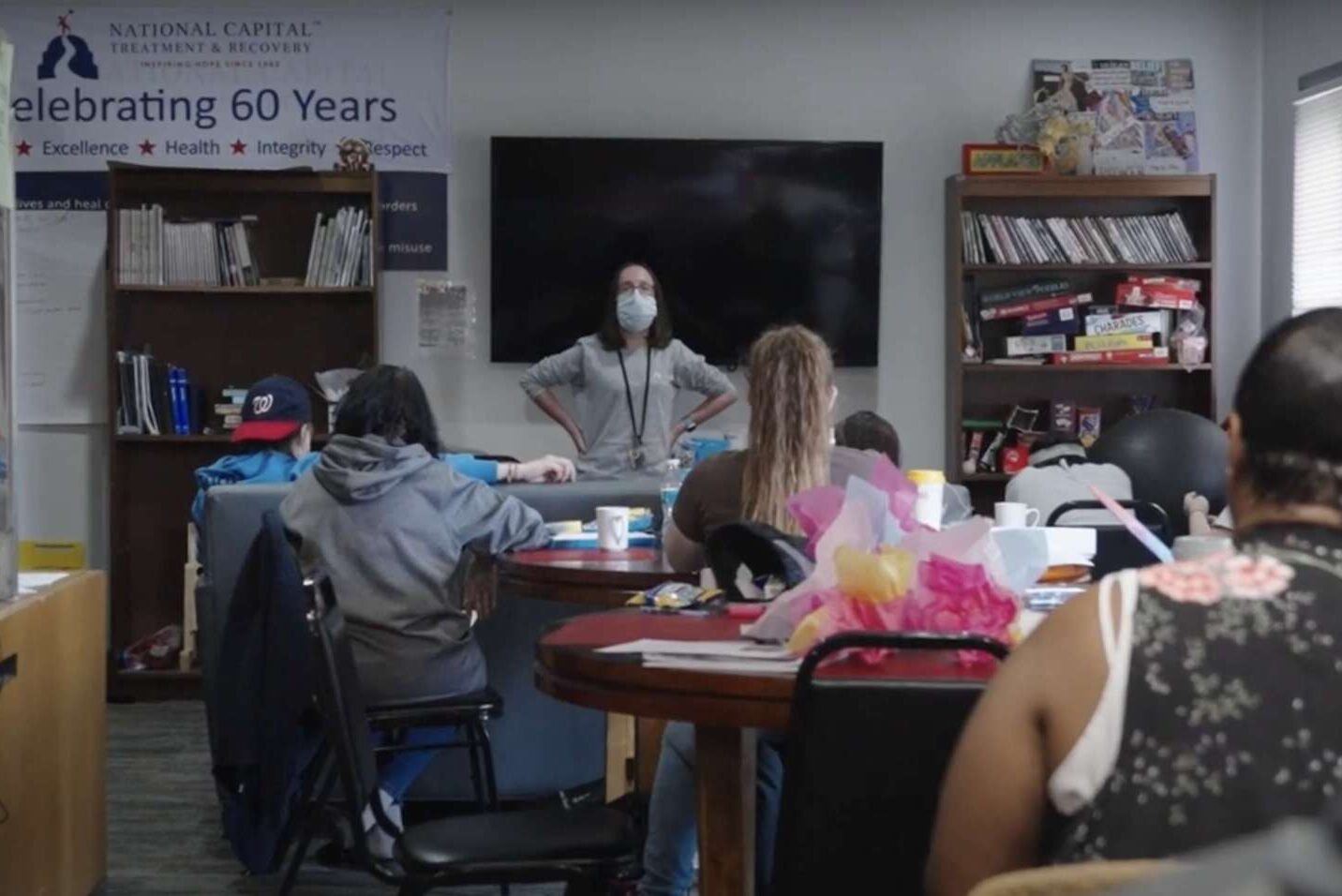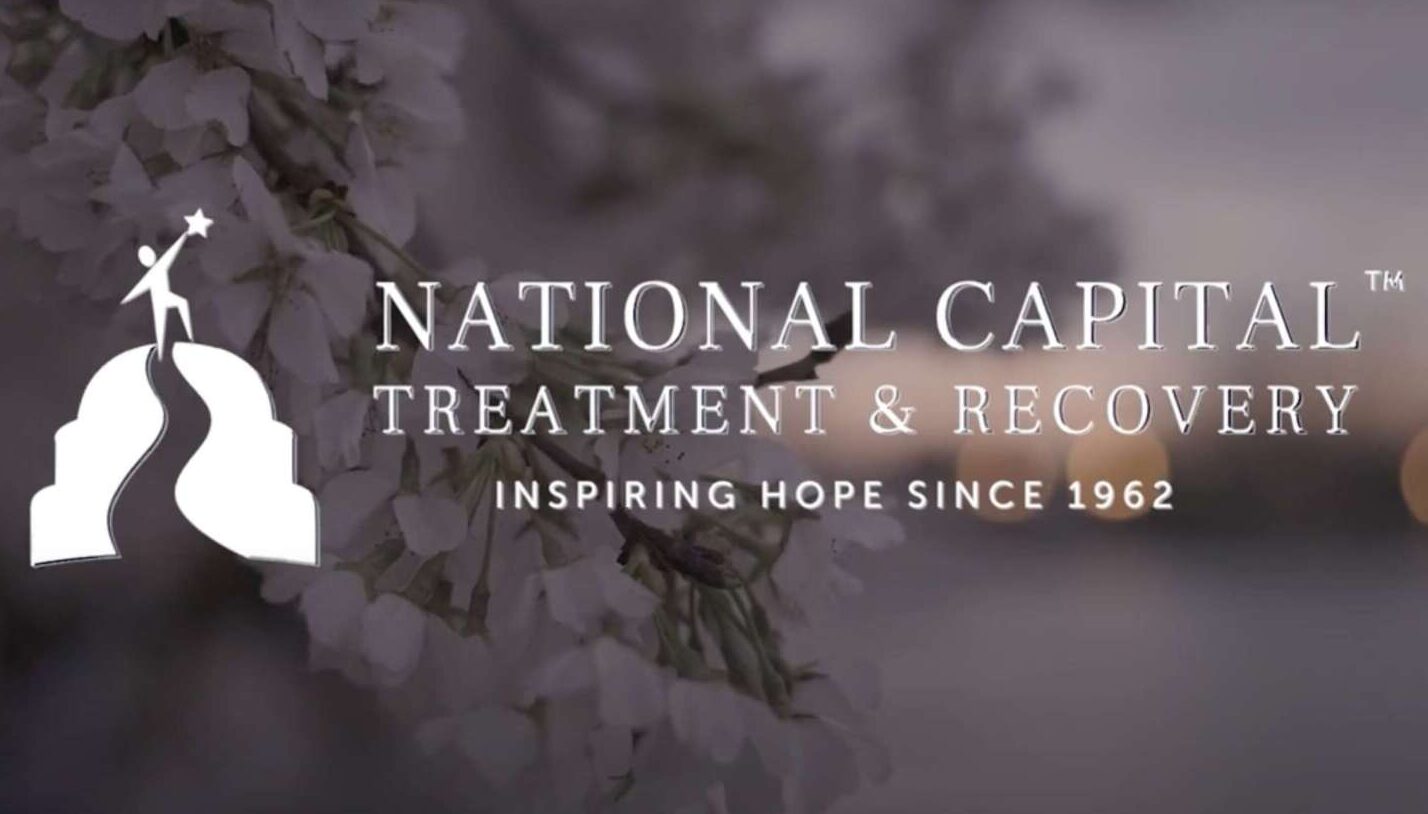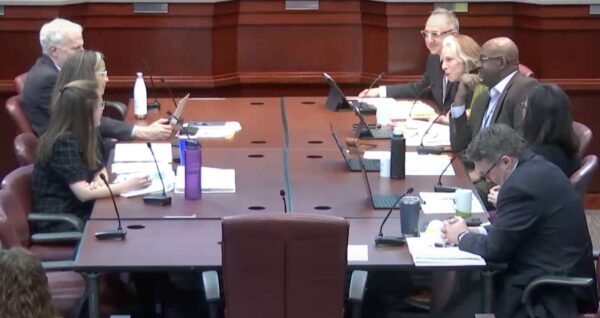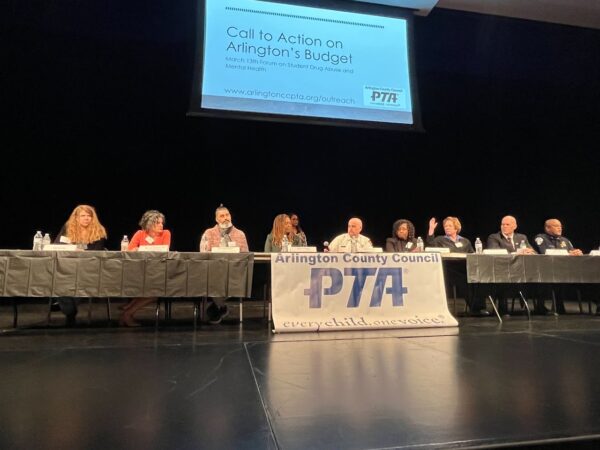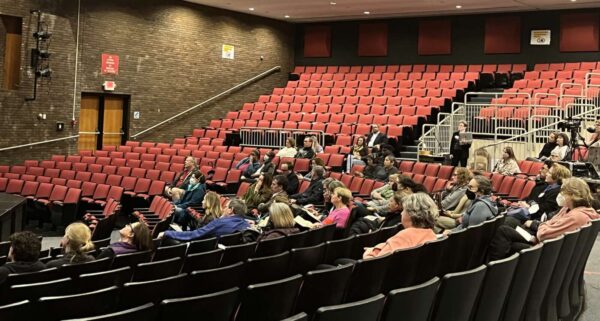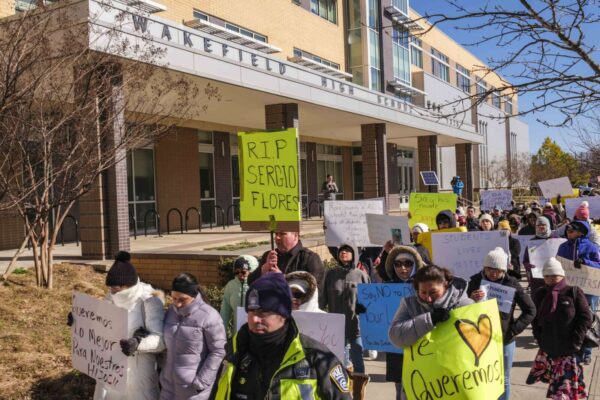
An Arlington doctor indicted earlier this year on charges of illicit distribution of opioid pills was found guilty by a federal jury Tuesday.
Dr. Kirsten Ball, 69, was convicted on 20 federal counts that each carry a maximum sentence of 20 years in prison. Ball’s office manager and co-conspirator was sentenced to seven years in prison last year.
“For over a decade, Dr. Ball was at the epicenter of a conspiracy to distribute oxycodone via a network of individuals posing as patients who were prescribed over a million pills,” Jessica Aber, U.S. Attorney for the Eastern District of Virginia, said in a statement. “She blatantly abused legitimate healthcare procedures, despite clear knowledge of the law and warnings from regulatory agencies of the danger her actions posed to patients.”
Statement from U.S. Attorney on verdict. pic.twitter.com/dE3zVjUDC4
— U.S. Attorney EDVA (@EDVAnews) December 12, 2023
Arlington has been hard hit by the national opioid crisis. There were more than 70 fatal opioid overdoses here between 2015 and 2020, according to Arlington County Police Department statistics. The crisis has also infiltrated local schools, with the fatal in-school overdose of a Wakefield High School student this year helping to spur action by Arlington County and Arlington Public Schools.
More below, from a U.S. Dept. of Justice press release.
A federal jury today convicted an Arlington woman of illegally prescribing and distributing oxycodone pills, a controlled substance.
According to court records and evidence presented at trial, Kirsten Van Steenberg Ball, 69, issued prescriptions for over one million oxycodone pills. Ball was a primary care physician who operated a medical practice out of her home in Arlington. She conspired with her office manager, Candy Marie Calix, 41, of Front Royal, to shield from law enforcement and regulatory authorities the fact that she was dispensing vast quantities of oxycodone to her patients—contrary to ordinary standards of medical care.
“Dr. Kirsten Ball’s actions, as detailed by the evidence presented at trial and accepted by the jury, are a perversion of the role of medical practitioners in prescribing opioids,” said Jessica D. Aber, U.S. Attorney for the Eastern District of Virginia. “Medication meant to be carefully provided to people in severe pain was instead prescribed excessively – with no regard for patients’ safety or where the pills would end up. For over a decade, Dr. Ball was at the epicenter of a conspiracy to distribute oxycodone via a network of individuals posing as patients who were prescribed over a million pills. She blatantly abused legitimate healthcare procedures, despite clear knowledge of the law and warnings from regulatory agencies of the danger her actions posed to patients. I am very grateful to the EDVA trial team and the FBI for their work to hold Dr. Ball accountable.”
“Today’s verdict demonstrates the seriousness of illegal opioid distribution and the commitment of law enforcement to bring to justice those who chose to endanger the lives of others,” said David Geist, Acting Special Agent in Charge of the FBI Washington Field Office Criminal and Cyber Division. “Kirsten Ball knew her actions were illegal yet, for years, she abused her position of trust by providing individuals in chronic pain with excessive amounts of oxycodone. Ball’s conviction affirms that a medical professional’s disregard for their patient’s well-being and the law will not be tolerated. I’m grateful for those who worked tirelessly to hold her accountable.”
The Virginia Department of Health Professions (DHP) investigated Ball in 2014 and 2015, then again in 2021 for excessive and improper prescribing of oxycodone. Evidence and testimony presented at trial showed that Ball falsified records that she submitted to DHP to cover up the fact that she was prescribing oxycodone to patients for no legitimate medical purpose and outside the usual course of professional practice.


